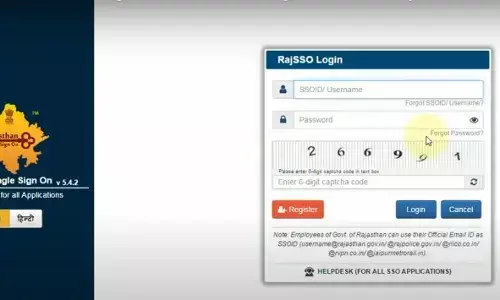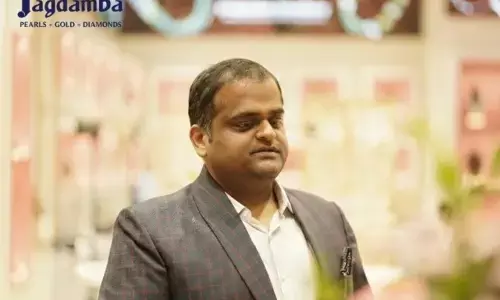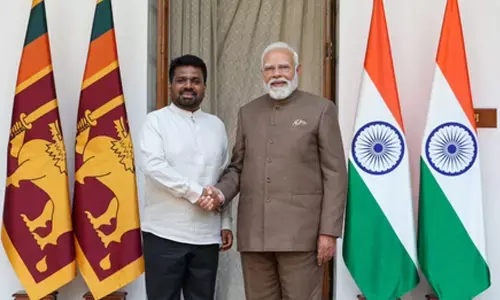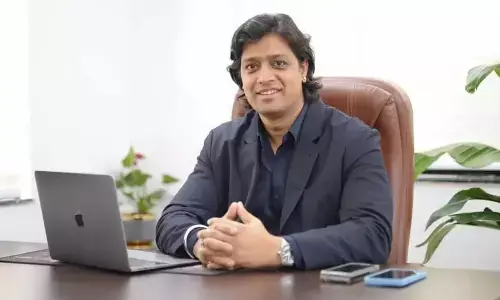Apple Refuses to Unlock Arvind Kejriwal's iPhone: Key Insights
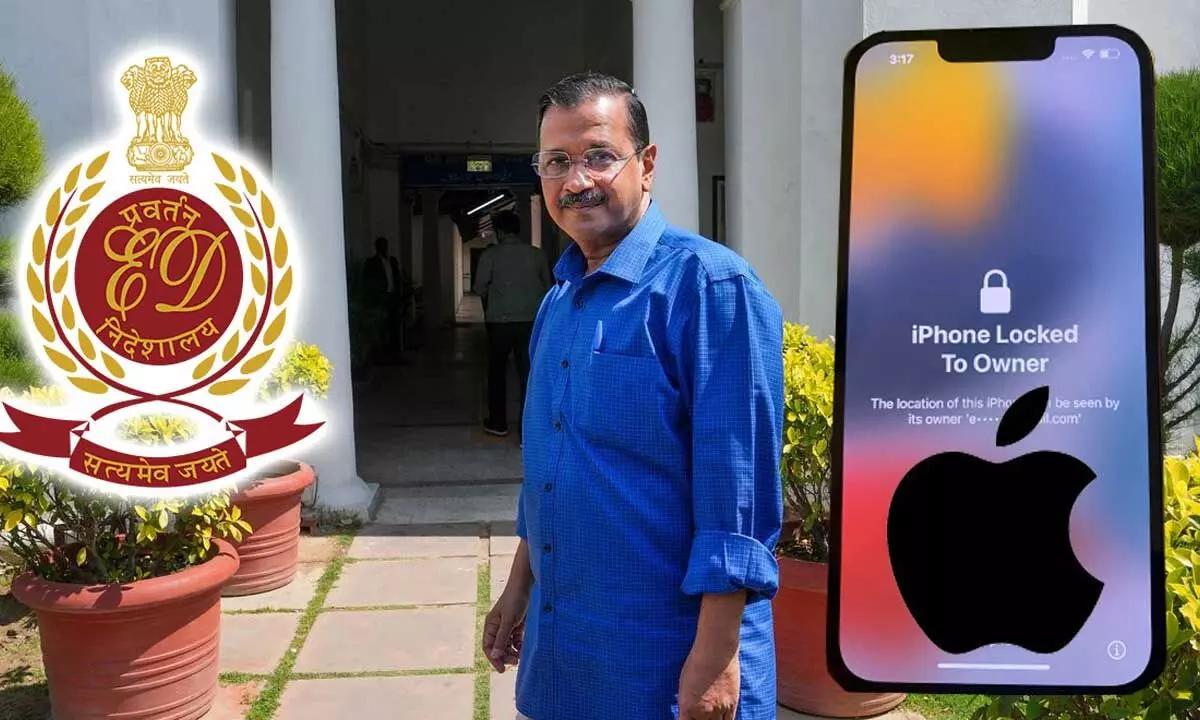
Apple's refusal to unlock Arvind Kejriwal's iPhone highlights its commitment to user privacy and adherence to legal guidelines.
The controversy surrounding the alleged Delhi liquor scam took a surprising turn when reports suggested that the Enforcement Directorate (ED) had sought Apple's assistance in unlocking Delhi CM Arvind Kejriwal's iPhone. However, Apple's response was firm – it declined the request, emphasizing its commitment to user privacy.
Apple operates a dedicated legal team to handle government requests, including emergency situations, globally. Law enforcement agencies must adhere to official channels and legal protocols when seeking Apple's assistance. Mere statements to the media are insufficient to compel Apple's cooperation.
Furthermore, Apple's privacy protocols prevent it from accessing or unlocking iPhones without user consent. Each iPhone user's passcode is private, and Apple lacks a universal mechanism to bypass this security feature. Even with government pressure, Apple cannot unlock iPhones without the user's explicit consent.
While Apple has cooperated with governments in the past, recent instances indicate a shift in its approach. The company has increasingly refused to unlock iPhones, citing its commitment to user privacy and legal compliance. This stance underscores Apple's dedication to protecting user data and upholding privacy standards under government pressure.
In recent years, various governments worldwide have requested Apple's assistance in unlocking suspects' iPhones for investigative purposes. Some have even sought court intervention to compel Apple to comply with their directives. Apple disclosed its cooperation with governments in approximately 70 previous instances. However, in specific cases, Apple has declined to unlock iPhones for law enforcement and governmental agencies, citing concerns related to privacy and cybersecurity. Here are three notable instances where Apple refused to comply:
1. 2016 Drug Busts:
In 2016, the U.S. government utilized the All Writs Act to demand Apple's assistance in unlocking an iPhone 5c belonging to a suspected methamphetamine trafficker. Despite court pressure, Apple declined, leading to a ruling in its favour by a Brooklyn judge.
2. San Bernardino Raid:
Following the 2015 San Bernardino attack, the FBI sought Apple's help to unlock an iPhone 5s linked to one of the assailants. Apple declined, asserting that it couldn't access the encrypted data without compromising user privacy. CEO Tim Cook urged the Department of Justice to reconsider the request.
3. FBI Backdoor Attempt:
Apart from specific cases, the FBI has persistently urged Apple to create backdoors in iOS, allowing access to iPhones. Apple vehemently opposed this, citing security risks for millions of users globally. While it could aid law enforcement, the potential misuse by criminals raised significant concerns.
Overall, Apple's refusal to help unlock Arvind Kejriwal's iPhone underscores broader principles regarding user privacy and legal compliance, setting a precedent for future interactions between tech companies and law enforcement agencies.


